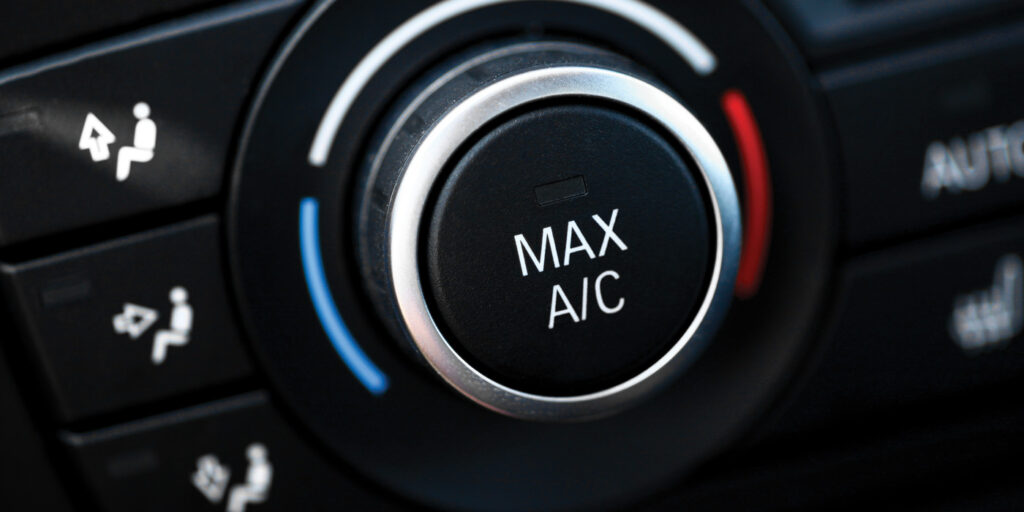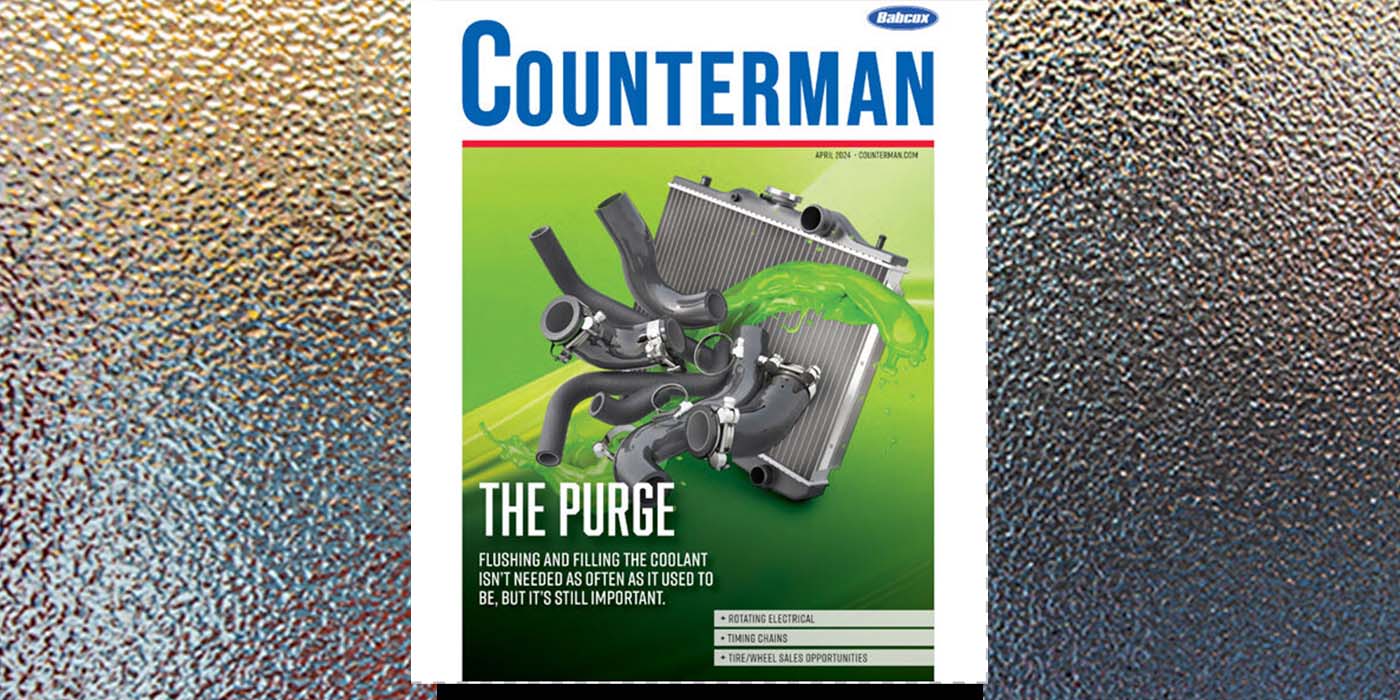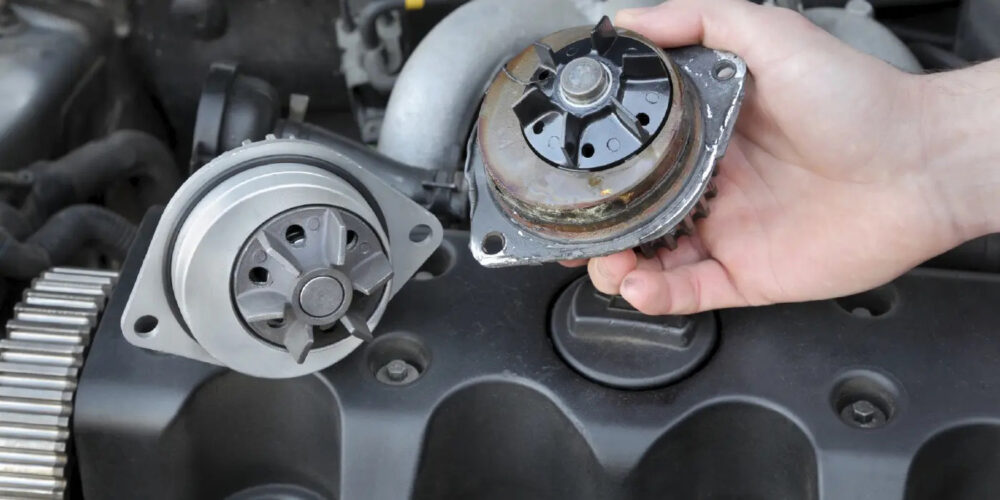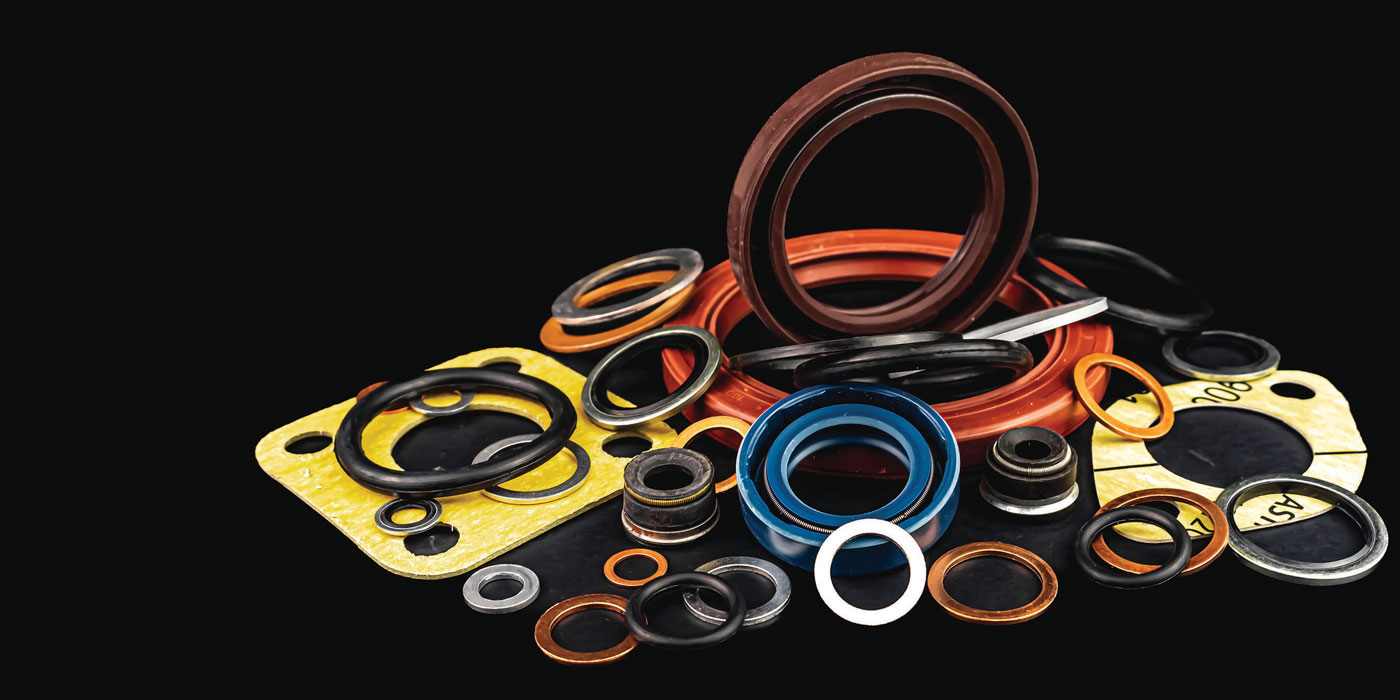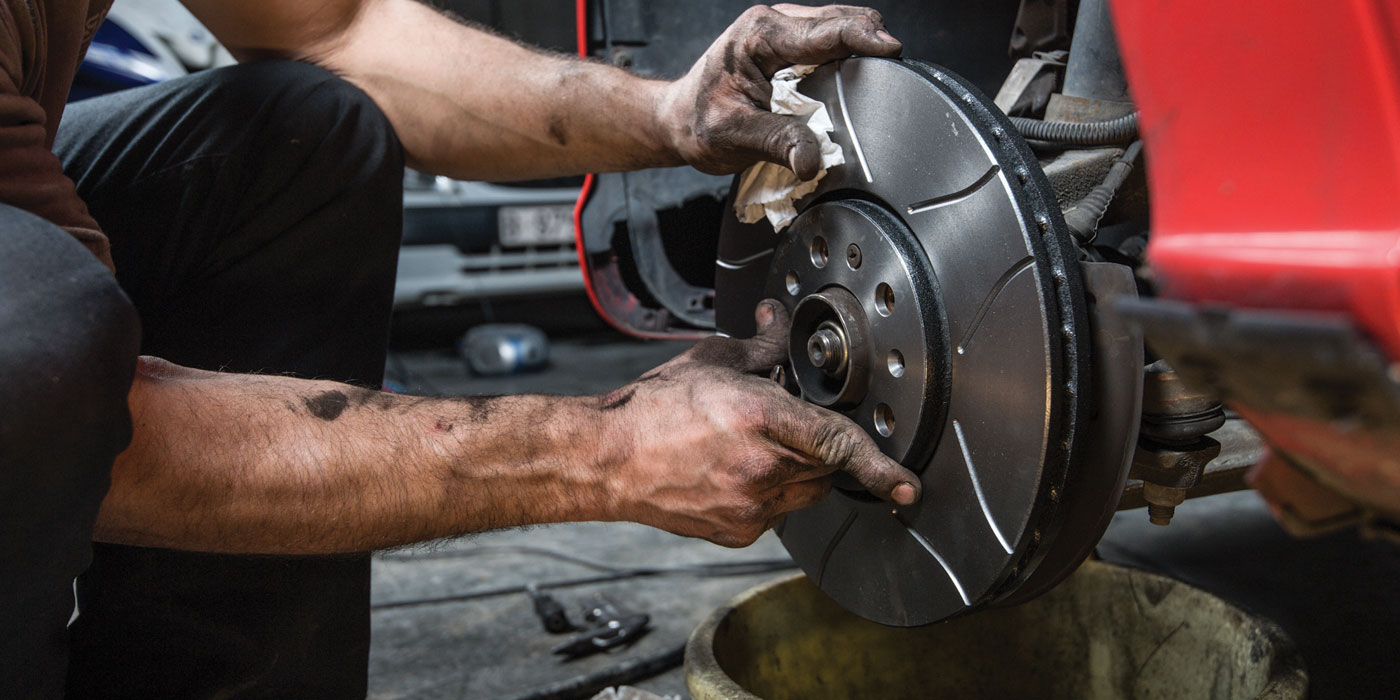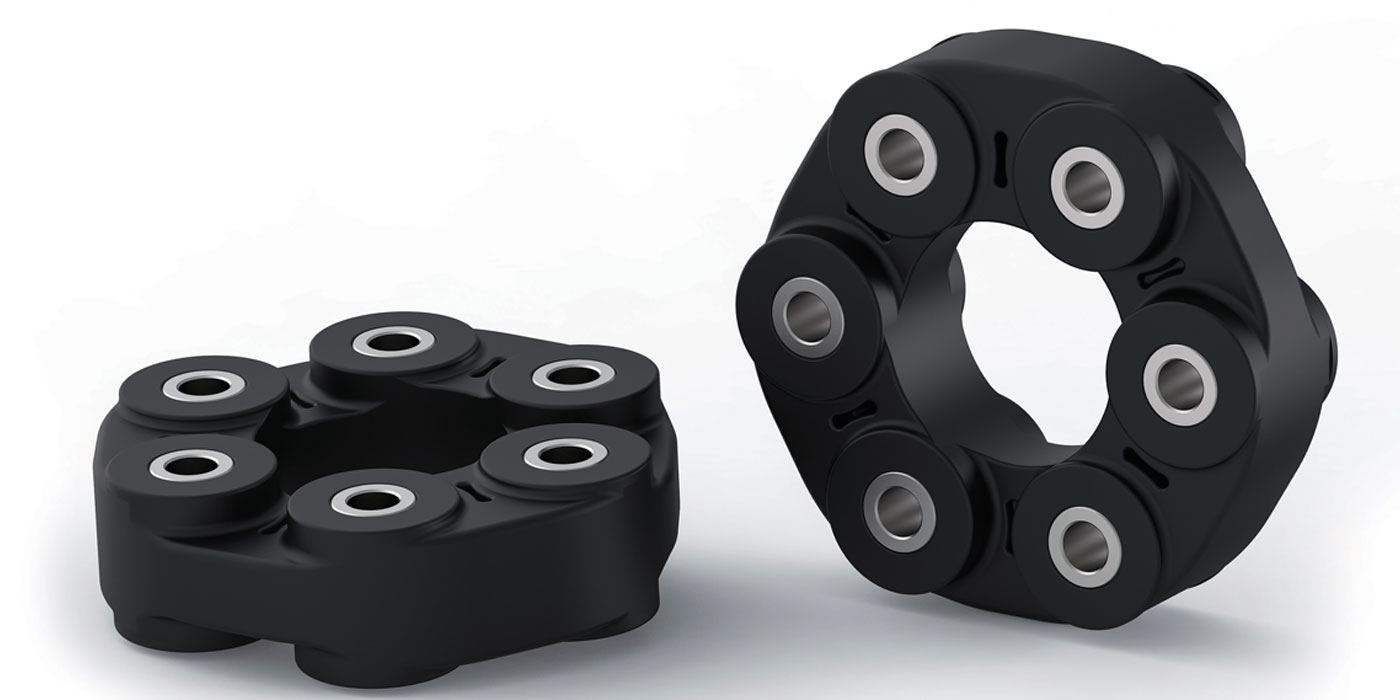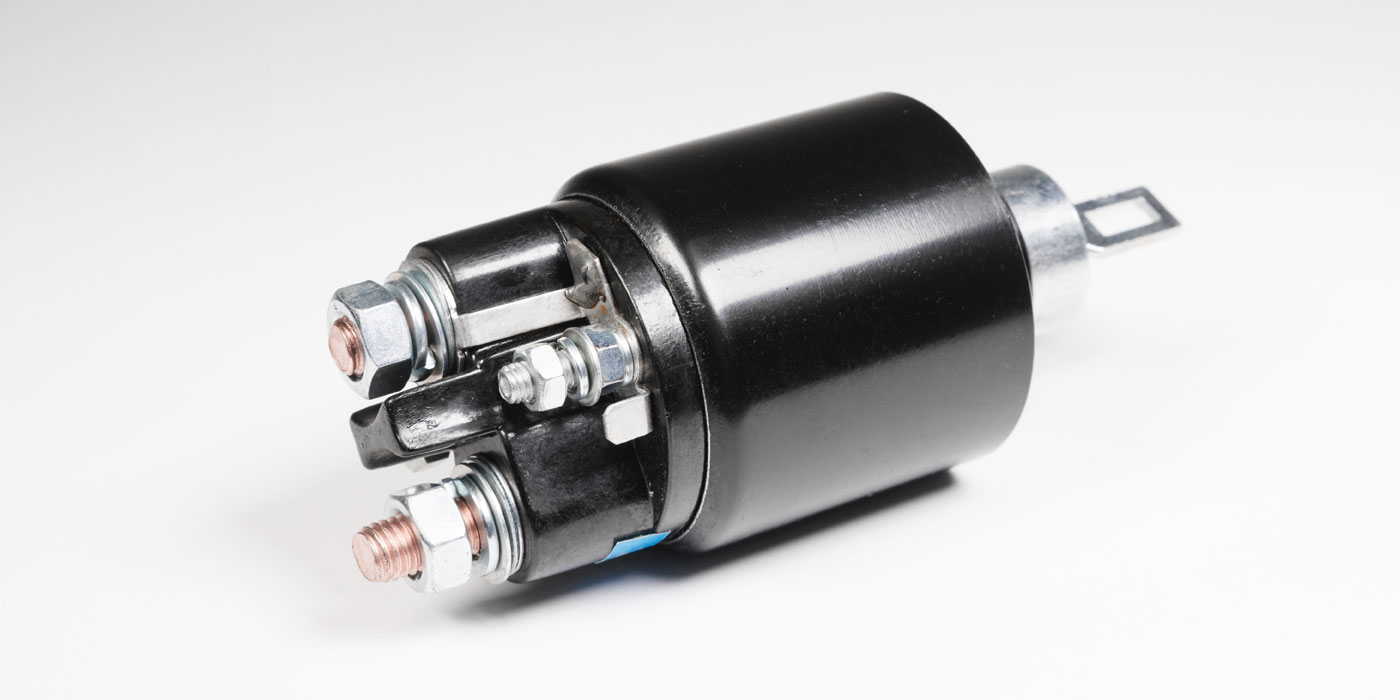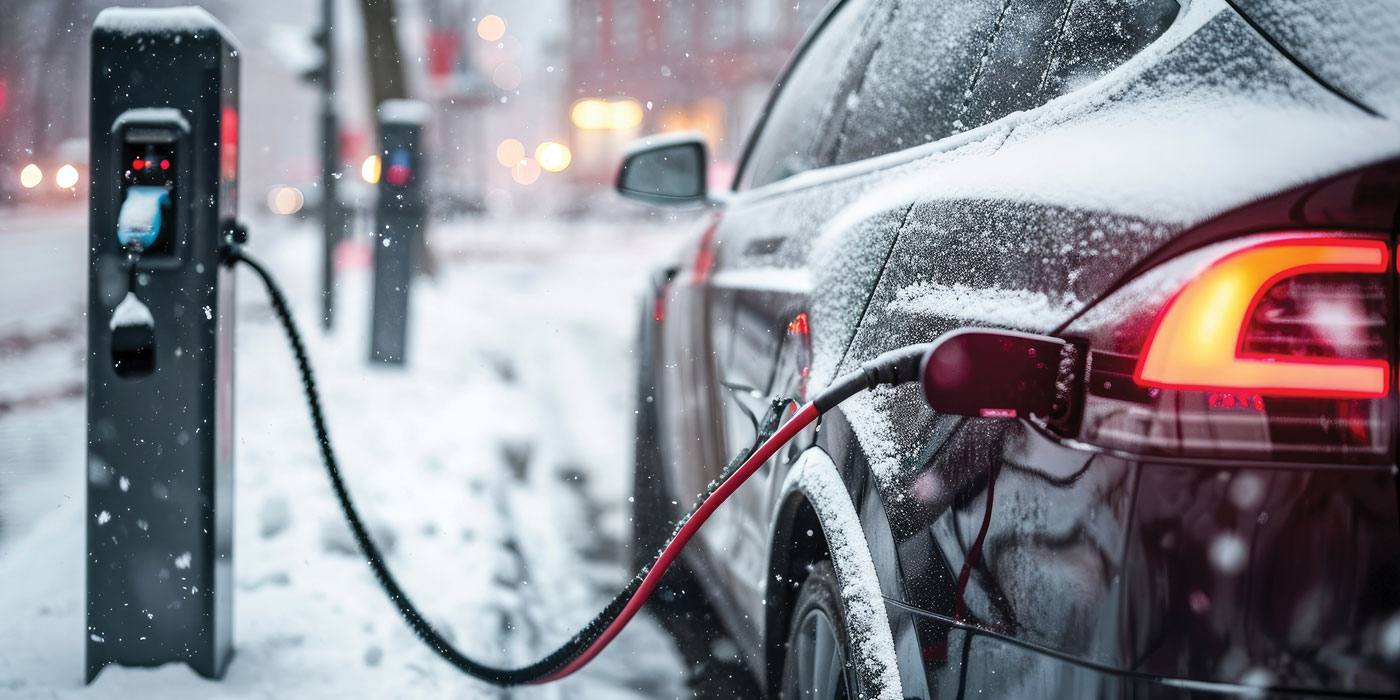It all started last winter.
I began to notice that the defroster in my SUV was struggling to clear all the moisture from the windshield. It was a red flag, to be sure.
When there’s a problem with your vehicle, I think it’s human nature to expect the worst but hope for the best. That was my mindset. My first hope was that maybe, just maybe, the issue was the cabin air filter. In my time at Counterman, I’ve learned that a plugged cabin air filter restricts airflow through the HVAC ducts, which can reduce the efficiency of the heater, defroster and air conditioning. But that seemed like an unlikely culprit, because I’ve been vigilant about replacing the cabin air filter.
As the pandemic dragged on, and I continued to work from home on most days, the problem was easy to ignore. I just wasn’t driving enough for this to be anything but a blip on my radar. That all changed when the weather warmed up.
Something else I’ve learned during my time at Counterman is that a vehicle will provide clues when something is wrong, often in the form of an unusual sound, smell or vibration. In this case, my first clue that I had HVAC problems was a hissing sound emanating from the vents when the air conditioning was running. The sound was most pronounced right after start-up.
Coinciding with the hissing sound, the vents weren’t producing cold air. Even when I turned the A/C controls to “Lo” (the maximum setting), the best I could get was a blast of somewhat cool air. Clearly, something was wrong, and I had a feeling it wasn’t going to be a cheap fix.
Digging through the Counterman archives, I was reminded that the most common cause of A/C problems is a refrigerant leak. Unfortunately, they can be tricky to detect for an aspiring DIYer such as myself. Unlike an oil or coolant leak, refrigerant won’t leave a puddle underneath the vehicle, because it evaporates once it escapes the high-pressure, closed-loop confines of the A/C system. You need an ultraviolet leak-detection dye or an electronic leak-detector tool to confirm it.
Another possible cause of A/C issues is a bad compressor. The most common cause of compressor failure is inadequate lubrication, which could be the result of a refrigerant leak that allows compressor oil to leak out of the system.
After a week or two of sweaty commuting, I took the vehicle to a trusted independent repair facility. While the technician confirmed that there was, indeed, a refrigerant leak, he said the shop can’t work on vehicles that use the R-1234yf refrigerant, because it doesn’t have a refrigerant-recovery machine for R-1234yf. The shop had been trying to track down a machine, he added, but due to ongoing supply chain issues caused by the pandemic, he didn’t know when they would get one.
That put me in the unenviable position of having to take my vehicle to the dealership. After the techs took a look at it there, the service advisor explained that oil was leaking from the front of the A/C compressor, and I needed a new one. I also needed a new expansion valve, apparently, which brought the total estimated repair bill to $1,919.28.
I asked the service advisor if she could provide any insight as to why the factory A/C compressor would fail after 44,000 miles, and her response was: “Sometimes, these OE parts just fail.” Given that explanation, why in the world would I pay $1,900 to have the dealership install the same crappy OE compressor on my vehicle? She seemed a bit put-off when I asked her for a price quote on an aftermarket compressor.
I ended up taking my vehicle to a regional family-owned repair chain that specializes in HVAC issues. The service advisor confirmed that the vehicle needed a new compressor, but it didn’t need an expansion valve. He took the time to explain how an A/C system works and what can go wrong with compressors (a failed compressor-shaft seal usually is the culprit). He also noted that the aftermarket replacement part had to be shipped from Texas, as the shop is very picky about compressors. When it was all said and done, I saved a good chunk of money by not taking my vehicle to the dealership (no surprise there), and I’m much more confident that the aftermarket compressor will keep me cool for years to come.

